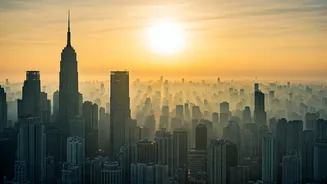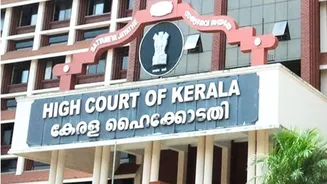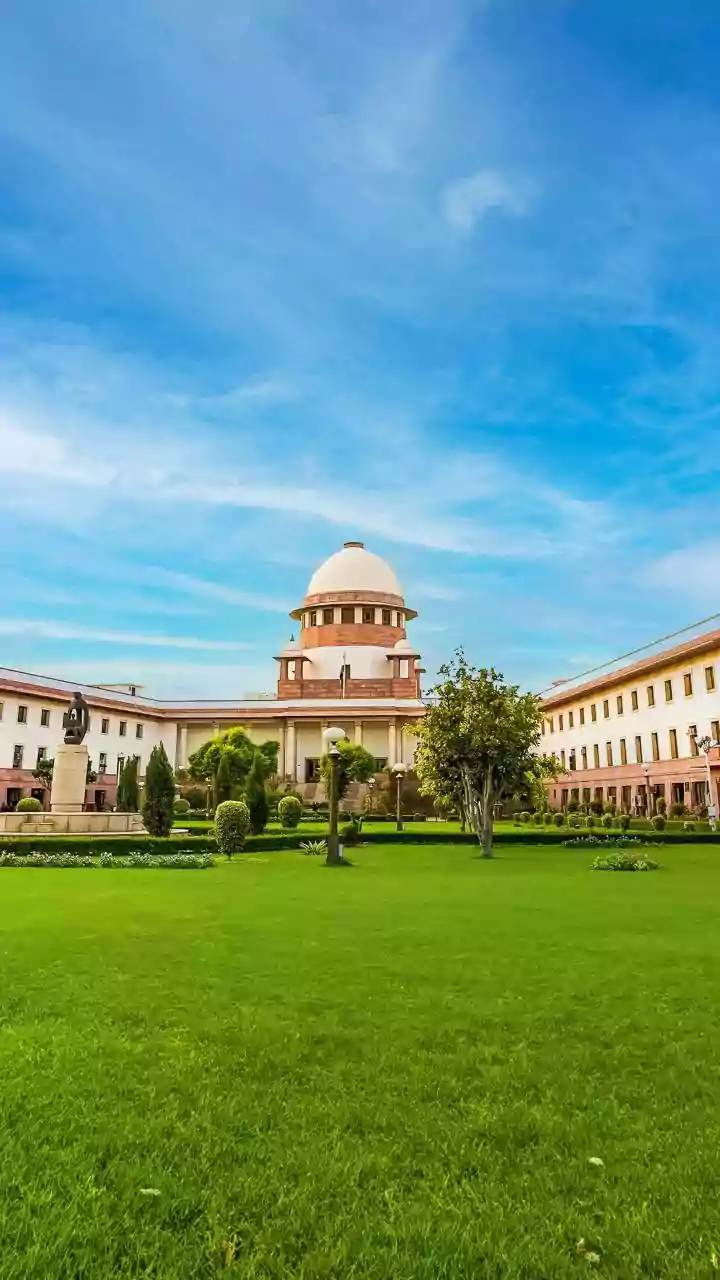Smog Grips Delhi
Delhi, the nation's capital, continues to face a significant challenge due to the pervasive smog that blankets the city. The severity of the situation
has prompted a sharp reaction, leading to escalating tensions. The crisis has triggered a political clash, and both major parties are now heavily involved in debating the best course of action. This has created a heightened level of awareness. The government's actions, and the effectiveness of current policies are now under great scrutiny.
Grap-3 Implementation
The implementation of Grap-3 in Delhi marks a crucial stage in the city's fight against pollution. Grap-3 is a set of measures designed to curb emissions. They often include restrictions on construction activities and the operation of certain vehicles. These regulations are designed to quickly address the spike in pollution and protect public health. The effectiveness of the Grap-3 measures, and whether they are being enforced appropriately, are at the center of the dispute between the involved parties. Their successful implementation is critical to improve air quality.
AAP's Accusations Emerge
The Aam Aadmi Party (AAP) has leveled serious allegations. The AAP has claimed that the opposition party, BJP, has been manipulating the Air Quality Index (AQI) readings. This accusation implies that the BJP may be trying to downplay the severity of the pollution. They may be attempting to create a misleading picture of air quality. AAP's claims suggest a coordinated effort to control the narrative. This could undermine public trust in the official data. The AQI data plays a key role in public awareness. The accusation also highlights the political dimensions of the air quality crisis.
BJP's Rebuttal Strong
The Bharatiya Janata Party (BJP) wasted no time in responding to the accusations. The party has strongly rejected AAP's claims. BJP countered by criticizing the AAP government's handling of the pollution crisis itself. The BJP has directed accusations about the AAP's previous policies and actions. This indicates that a blame game is happening between both parties. This shows a deep divide in how to address the pollution challenges. This highlights the politicization of the environmental concerns.
Severe Air Quality Day
Delhi experienced its first 'severe' air quality day in 2025. This prompted AAP and BJP to trade blows. This event has escalated the existing tensions between the two parties. This signifies the urgent need to address the root causes of the air pollution. This situation has intensified the public's concern. The political debates around Delhi's air quality crisis are intensifying because of this. The severe air quality day has made the dispute more visible to the public.
Ongoing Political Struggle
The confrontation between AAP and BJP shows the complexities of tackling Delhi's pollution problems. The political leaders are focused on shifting the blame. This complicates the process of implementing effective and enduring solutions. The fight also highlights the political consequences of environmental issues. It also showcases the challenge of balancing public health needs with political strategies. The debate is likely to continue. It will be an important factor in shaping Delhi's environmental policies.














